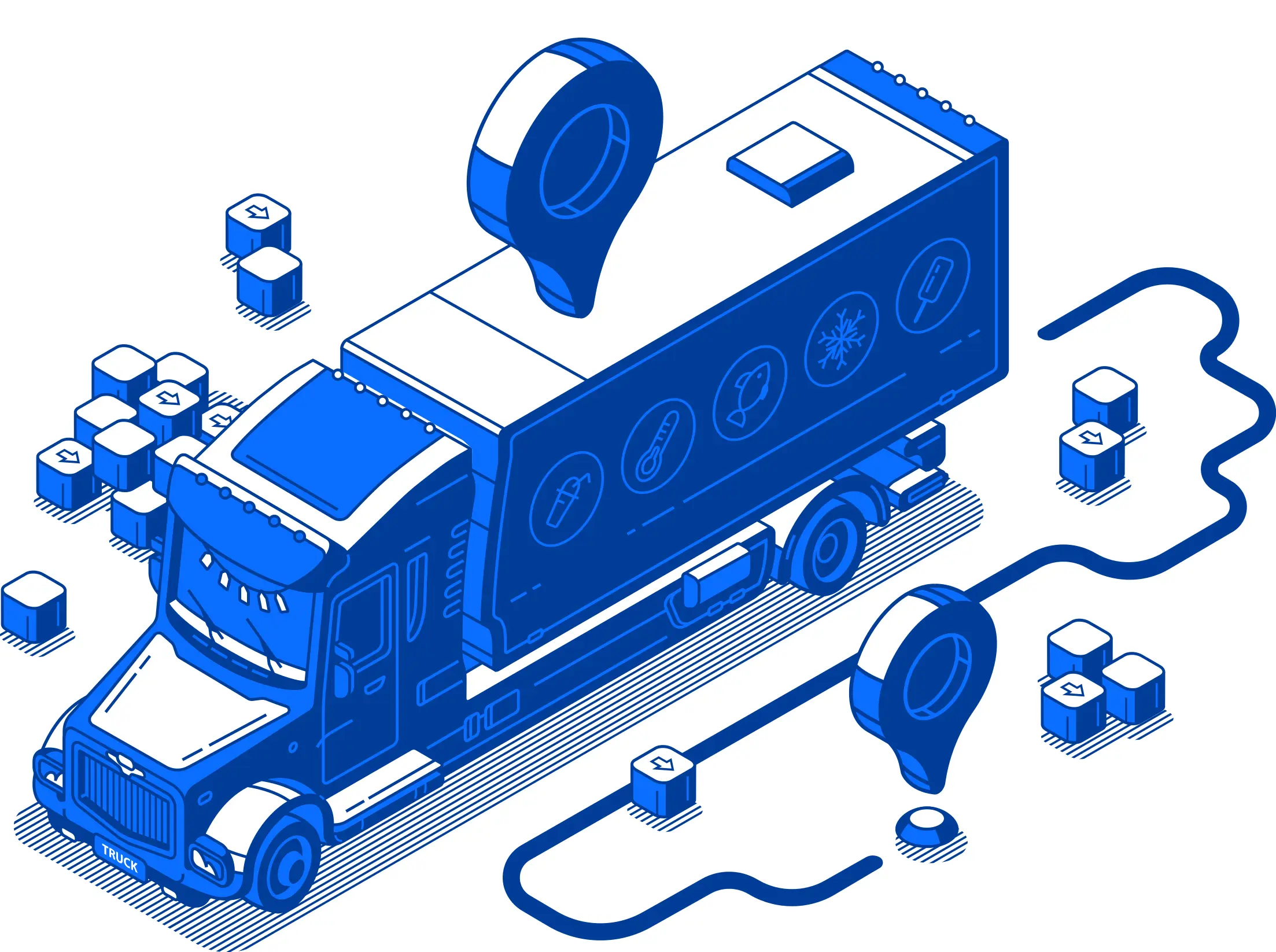Trucking fleets experience challenges every day. Some are easily resolved, but others take careful planning to avoid. The price of diesel and gas fluctuate, parts for necessary repairs may not be immediately available, and deliveries may be delayed due to accidents or weather events.
Adding to this complexity are the regulations surrounding Electronic Logging Devices (ELDs). They can impact your available cash if you don’t follow the regulations or your ELD stops working and needs to be replaced. Not every truck must be equipped with or use an ELD, and that’s what all fleet owners must understand. Saint John Capital dives in to help you understand the mandates and exemptions.
Understanding the Federal Motor Carrier Safety Administration’s ELD Mandate
The Federal Motor Carrier Safety Administration (FMCSA) established the ELD mandate to make the roads a safer place for everyone. It’s estimated that the trucking industry is saving $2.4 billion in paperwork and about $570 million in the cost of crashes on the nation’s roadways.
Yearly, estimates are that about 26 lives are saved and 1,844 crashes are avoided. Because driver hours are carefully tracked, driver fatigue is less likely to happen. Drivers are being tracked and dispatchers can pull drivers at the end of a job if they’re too close to the federally mandated driver hours.
While it took several years for drivers and trucking company owners to adjust to the use of ELDs, they have become a normal part of the job now. ELDs work like this.
- The ELD connects to the truck’s engine control module or diagnostic port.
- It marks when the engine is on and the truck’s movements.
- This helps accurately track driving time, miles driven, duty status, driver ID, vehicle motion status, and engine hours.
- It also tracks harsh driving events like sudden braking.
- GPS technology can also track locations.
- Drivers can add notes as needed to clarify information.
- The information is stored securely.
- Those records are transmitted to fleet management software and apps for retrieval by drivers, dispatchers, and fleet managers.
What Are ELD Exemptions?
ELDs became a requirement on December 18, 2017. At that point, all carriers had to install ELDs, but there are a few ELD exemptions remaining. Many, such as for UPS drivers, have since expired. The remaining exemptions are:
- Agricultural Operations: Exemptions are made when the driver is transporting agricultural goods within a 150 air-mile radius, but only during planting and harvesting seasons.
- Drive/Tow Away Businesses: Companies where the commercial motor vehicle (CMV) are driven or towed away and not transporting goods are exempt. Such as, a truck being delivered from the dealership to the trucking company.
- Manufactured Before 2000: If the truck isn’t a 2000 or later model, it’s exempt. However, logs must be precise and recorded daily.
- Occasional Use: Drivers who only operate for eight days or less within 30 days are also exempt from ELDs and can instead use paper logs.
Short-Haul Operations: Exemption for drivers who drive within a 150 air-mile radius of the place they report for work, such as their trucking company’s lot or warehouse. Short-haul operators cannot exceed 11 hours of driving time and 14 hours on duty, which is why it’s often ideal to have ELDs installed anyway.
Without a qualifying exemption, fines and penalties are possible. The most common penalties are:
- The driver doesn’t have an ELD instruction sheet
- The driver’s record of duty status has expired.
- False driver records.
- Information within the ELD record is missing, such as a missing driver ID.
- Missing supply of blank driver’s records of duty status graph grids.
- No shipping document number
- No verification of the accuracy of the information recorded by the ELD
- Portable ELD isn’t mounted and visible to the driver
- The electronic transmission of ELD records fails to send.
The penalties accrue points. False logs carry the most severity, but incomplete and wrong logs are also high on the list. Per the FMCSA’s Uniform Fine Assessment list, fines include the following.
- Egregious hours of service violation – $5,000 to $15,040 per count
- Improper record keeping – $150 to $1,239 per day, with a maximum all-counts violation of as much as $12,383
- Knowingly falsifying records – $200 to $12,383 per count
Where Do Freight Factoring and ELDs Become a Partnership?
ELD requirements and exemptions have a direct impact on freight factoring, but a freight factoring arrangement can make it easier to afford penalties if you face them. Ideally, you want to avoid fines and penalties for having improper paperwork.
Freight factoring is a financial service where you take some or all your bills of lading from your fleet’s drivers and send them to a factor instead of handling your own invoicing. After a small fee is deducted from the amount due, you get paid immediately.
That immediate access to cash helps you cover everyday expenses like ELD maintenance, fuel costs, payroll, tolls, and truck repairs and maintenance. You no longer wait for the usual 30-, 60-, or 90-day payment terms that brokers and shippers implement.
Instead, the freight factoring company invoices your client on your behalf and collects the money. The factor collects what you were advanced, and that makes everyone happy. You’ve maintained a strong cash flow, your factor is repaid, and your client pays as normal with no change to the system they’re used to. In addition to immediate payments, you gain:
- Free business credit checks: Assess risk before taking on new clients.
- Heighten efficiency: As ELDs can track location with GPS, you have data to analyze in terms of how efficient route planning is and whether there’s room for improvement.
- Improve customer relationships: With less time spent generating and tracking invoices and payments, spend time building strong relationships with your customers.
- Record keeping: Have documents that back up your ELD reports or written logs.
Before You Move to Freight Factoring
Before you jump in and start factoring your trucking invoices, make sure you’re upfront with your clients. The shift to freight factoring is usually seamless, but there is still going to be a bit of a shift that you can make go smoothly by offering a little forewarning to your clients. It’s good customer service to be upfront and let them know you’re switching.
If you are claiming an exemption, triple-check that you do qualify for it. If your truck was manufactured in 1999, you’re good. If it was manufactured in January 2020, you are not exempt and can’t claim it because it’s “close enough.”
Stay in compliance with all federal and state laws and regulations. When you follow regulations, you show that you’re a reliable, honest, trustworthy fleet owner. It makes you look better to the public and others in the transportation industry.
Build a Strong Cash Flow With Saint John Capital
ELD regulations are complex, but it’s not enough to claim you didn’t understand them. As a fleet owner, you’re responsible for having ELDs installed on trucks manufactured after 1999. You need to verify they work properly every day. If you don’t, you could end up paying thousands in fines.
Don’t let a weak cash flow keep you from being able to maintain your ELD system. With freight factoring arrangements with Saint John Capital, you never have to worry about inadvertent system failures that cost you money. Reach us online to learn more about same-day payments and the other benefits of freight factoring.











